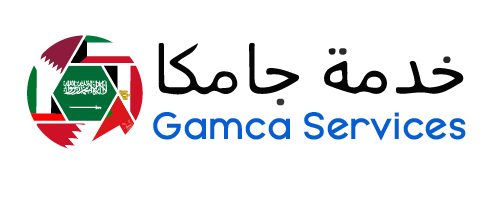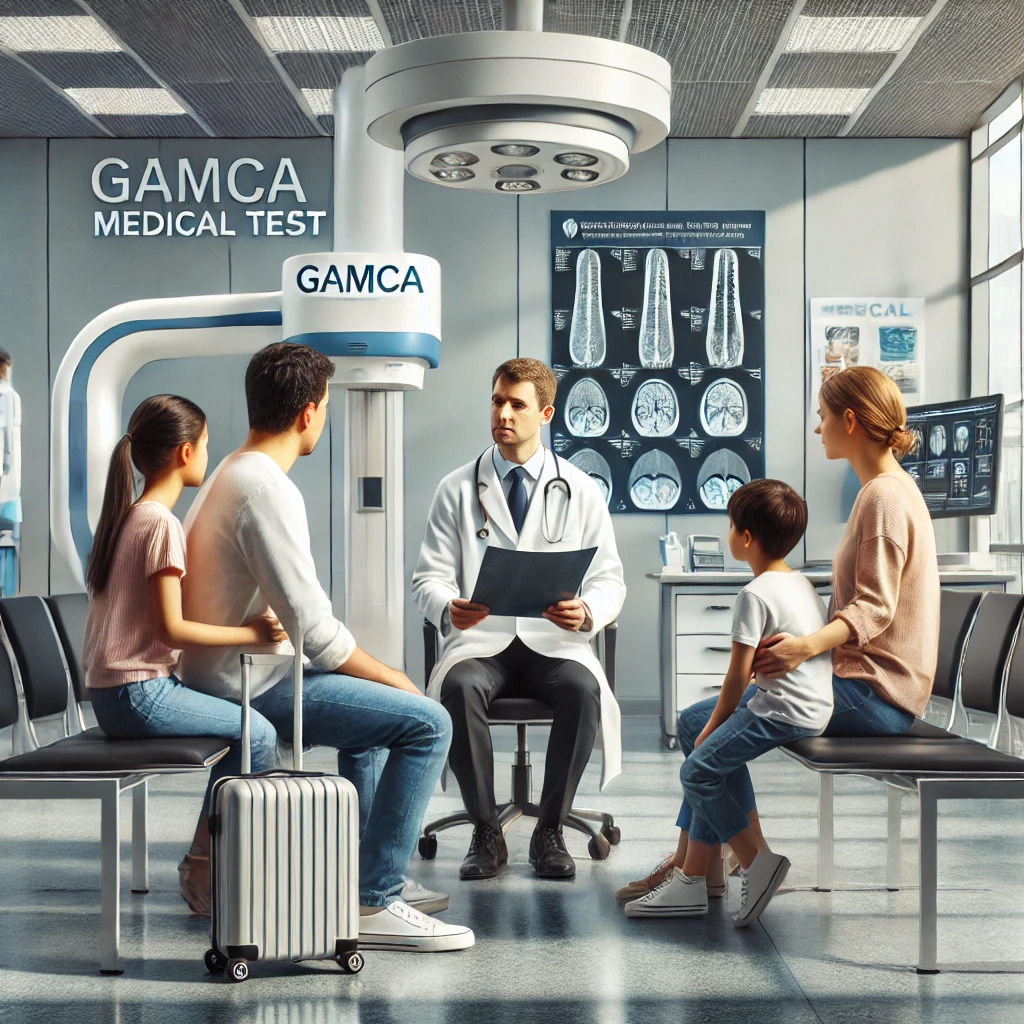The Gulf Approved Medical Centers Association (GAMCA) medical test is a critical requirement for individuals seeking work visas in the Gulf Cooperation Council (GCC) countries, including Saudi Arabia, UAE, Kuwait, Oman, Qatar, and Bahrain. However, it’s not only required for work visas but also for family visas, where dependents of expatriates need to undergo this test before being granted entry.
If you’re planning to sponsor family members to live with you in a GCC country, it’s important to understand the medical examination process and how it affects family visa applications. This guide provides a comprehensive overview of the GAMCA medical test for family visas.
What is the GAMCA Medical Test?
The GAMCA medical test is a mandatory medical examination required by GCC countries for foreigners applying for employment and family visas. The test is designed to assess the health of the applicants, ensuring that they do not pose any public health risks or burden the healthcare system in their destination country.
The medical tests are performed at approved centres under the oversight of the GCC Health Medical Committee (GCCHMC). These centres follow strict guidelines to screen for infectious diseases and chronic illnesses, particularly those that could have public health implications.
Why is the GAMCA Test Necessary for Family Visas?
When expatriates sponsor their family members for residence visas in GCC countries, health and safety are of utmost importance. The GAMCA medical test helps GCC governments ensure that dependents entering their countries do not carry communicable diseases, which could potentially affect the population.
For family visas, the key focus of the GAMCA medical test is to:
- Prevent the spread of contagious diseases.
- Ensure that any chronic conditions or serious health concerns are addressed before the family members are granted entry.
- Comply with GCC health regulations.
What Does the GAMCA Medical Test for Family Visas Involve?
The medical examination for family visas is similar to that for employment visas, but the exact tests may vary slightly depending on the country and the applicant’s profile. The main tests include:
- Blood Tests: These are conducted to detect diseases like HIV/AIDS, hepatitis B and C, syphilis, and other sexually transmitted infections.
- Chest X-ray: The chest X-ray is primarily performed to detect tuberculosis (TB).
- Physical Examination: A doctor will perform a general physical examination to assess the overall health of the applicant.
- Urine and Stool Tests: These tests are done to identify any infectious diseases or health conditions that could affect the applicant’s eligibility.
- Optional Tests: In some cases, additional tests might be required, such as for pregnant women or individuals with specific health concerns.
The entire process takes place in a GAMCA-approved medical centre and usually lasts a few hours.
How to Book a GAMCA Medical Test for Family Visas
Here are the steps to book a GAMCA medical test for family visas:
- Visit the GCCHMC Portal: The Gulf Cooperation Council Health Medical Committee (GCCHMC) portal is the official website for booking medical tests for visa applicants. Go to our website and select the option for family visa medical testing.
- Register the Applicant: Provide the necessary information, including the passport details of the family member who needs the test. Ensure the details match the official documents to avoid discrepancies.
- Choose an Approved Medical Center: The website will generate a list of GAMCA-approved medical centres in your home country. Select the most convenient location for the medical examination.
- Pay the Fees: Medical examination fees are paid online, and the cost can vary depending on the country. Keep the payment receipt as it may be required during the test.
- Attend the Appointment: On the scheduled date, visit the GAMCA-approved centre with the necessary documents (passport, appointment slip, and payment receipt) to complete the medical test.
What Happens After the Medical Test?
After the test is completed, the medical centre will send the results to the GCCHMC. Depending on the health status of the applicant, the results will be classified as either:
- Fit: If the applicant is declared fit, the family visa process can proceed as planned.
- Unfit: If the medical results show that the applicant has any serious infectious diseases or health conditions that could impact public health or safety, the visa may be denied. The sponsor will then be notified of the decision, and further steps will depend on the regulations of the specific GCC country.
The processing time for medical results usually takes between two and five days, after which you can track the status online.
Common Reasons for Rejection
Several health conditions can lead to rejection of a family visa application based on GAMCA medical test results, including:
- HIV/AIDS
- Tuberculosis (TB)
- Hepatitis B and C
- Syphilis
- Other infectious diseases
In case of rejection due to a medical issue, the family member may not be eligible to enter the GCC country, depending on its specific visa policies and health regulations.
What if the Test Results Are Unfavorable?
If a family member’s GAMCA medical test results come back as “unfit,” the following steps may be taken:
- Consultation: You may want to consult a healthcare provider to understand the nature of the issue and determine if treatment is an option.
- Reapply: In some cases, after receiving appropriate treatment, it may be possible to reapply for the medical test. However, this depends on the policies of the GCC country in question.
Conclusion
The GAMCA medical test is an essential step in securing family visas for the GCC countries. It ensures that family members are healthy and do not pose any risks to public health in the host country. By understanding the process and preparing for the medical test, you can navigate the visa application smoothly and ensure your loved ones are cleared to join you in the Gulf.
Be sure to follow all instructions carefully, provide accurate information, and attend the test as scheduled to avoid delays or complications.




